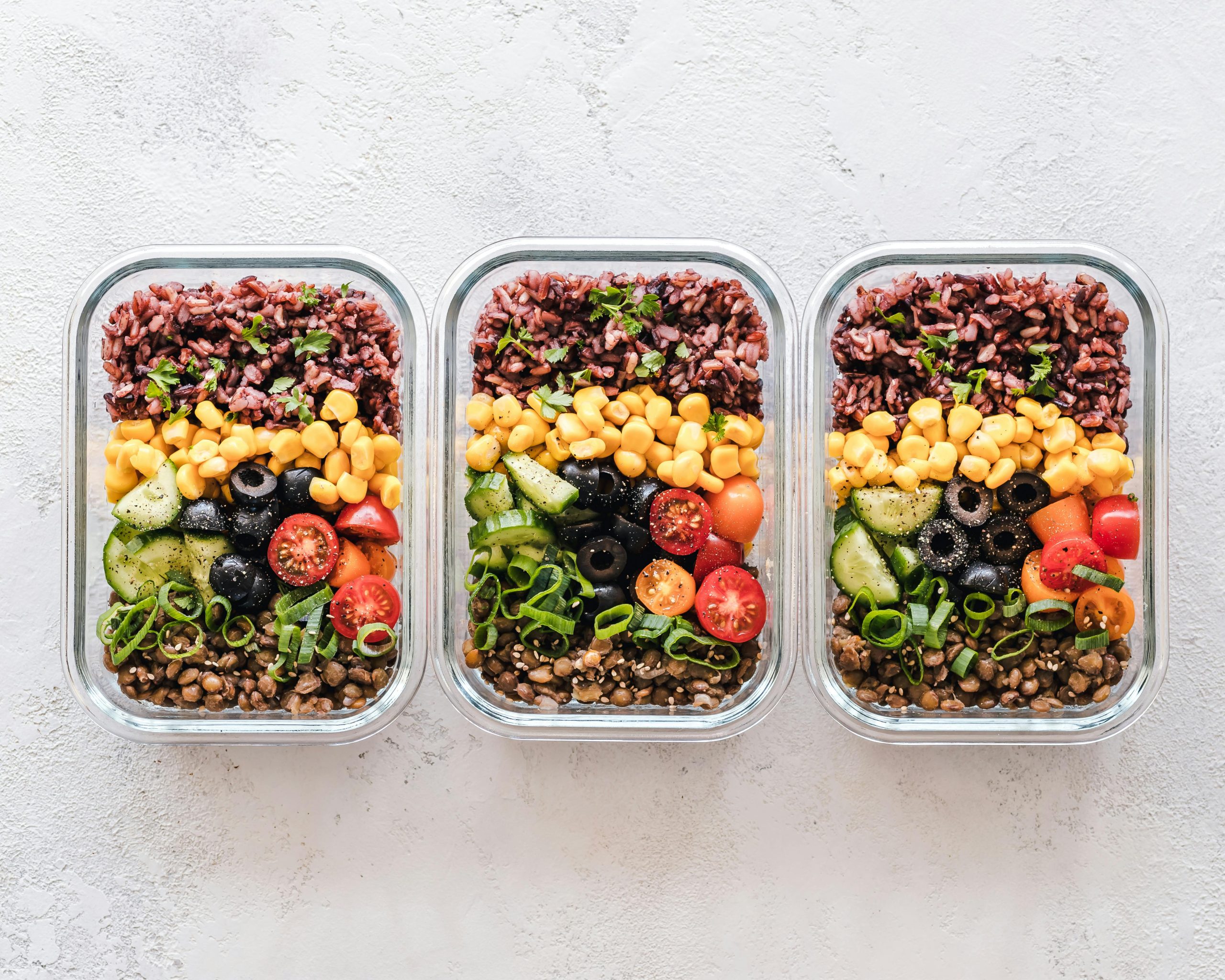“`html
How Can I Meal Prep for Special Diets on a Budget?
Meal prepping can be an effective way to maintain a special diet while staying within your budget. Whether you’re following a gluten-free, vegan, keto, or any other specialized diet, planning your meals ahead of time can save you money and help you stick to your nutritional goals. In this article, we will explore practical tips and strategies for meal prepping for special diets on a budget.
Understanding Your Special Diet
Before diving into meal prep, it’s essential to understand the specifics of your special diet. Different diets have unique requirements that influence the foods you can eat. Here are a few popular special diets:
- Gluten-Free: Avoid all wheat, barley, and rye products.
- Vegan: Exclude all animal products, including meat, dairy, and eggs.
- Keto: Focus on low-carb, high-fat foods.
- Paleo: Eat whole foods, avoiding processed items and grains.
Understanding your dietary needs will guide your meal prep strategies and help you make informed choices while shopping.
Planning Your Meals
Meal planning is the cornerstone of effective meal prep. Here’s how to get started:
1. Create a Weekly Menu
Draft a simple menu for the week. This will help you stay organized and focused. When planning your meals:
- Incorporate a variety of ingredients to avoid boredom.
- Choose recipes that can be easily scaled up for batch cooking.
- Consider meals that share ingredients to reduce waste and save money.
2. Use a Shopping List
Once your menu is set, create a shopping list. Stick to your list to avoid impulse buys. Here are tips for making your list:
- Group items by category (produce, grains, proteins) to make shopping easier.
- Check your pantry for items you may already have.
- Look for sales and coupons for items on your list.
Budget-Friendly Ingredients
Choosing the right ingredients is crucial for meal prepping on a budget. Here are some budget-friendly staples for various special diets:
Gluten-Free
- Brown rice
- Quinoa
- Beans and lentils
- Vegetables (fresh or frozen)
Vegan
- Rice and beans
- Seasonal vegetables
- Tofu and tempeh
- Nuts and seeds
Keto
- Eggs
- Leafy greens
- Avocados
- Cheese and low-carb vegetables
Paleo
- Grass-fed meats
- Fruits and vegetables
- Eggs
- Nuts and seeds
Purchasing in bulk can also significantly reduce costs, especially for grains, beans, and frozen vegetables.
Meal Prep Techniques
Once you have your ingredients, it’s time to prep your meals. Here are some effective techniques:
1. Batch Cooking
Batch cooking involves preparing large quantities of a single dish and dividing it into portions. This method is time-efficient and helps you save both time and money. Consider cooking:
- Soups and stews
- Casseroles
- Grains like rice or quinoa
2. Use Versatile Ingredients
Choose ingredients that can be used in multiple meals. For example, roasted vegetables can be a side dish, added to salads, or used in wraps. This flexibility not only saves money but also reduces food waste.
3. Store Properly
Proper storage is crucial to keeping your meal preps fresh and safe. Here are a few tips:
- Use airtight containers to keep food fresh.
- Label containers with the date and contents.
- Refrigerate or freeze meals promptly to prevent spoilage.
Staying Motivated
Staying committed to your special diet can be challenging. Here are some tips to help you stay motivated:
- Keep your goals visible—write them down and place them in your kitchen.
- Experiment with new recipes to keep things exciting.
- Join online communities or local groups for support and inspiration.
Conclusion
Meal prepping for special diets on a budget is entirely achievable with the right planning and strategies. By understanding your dietary needs, creating a weekly menu, choosing budget-friendly ingredients, and employing effective meal prep techniques, you can enjoy healthy, delicious meals without breaking the bank. Remember, consistency is key, and with time and practice, you will become an expert meal prepper on a budget!
“`

Leave a Reply